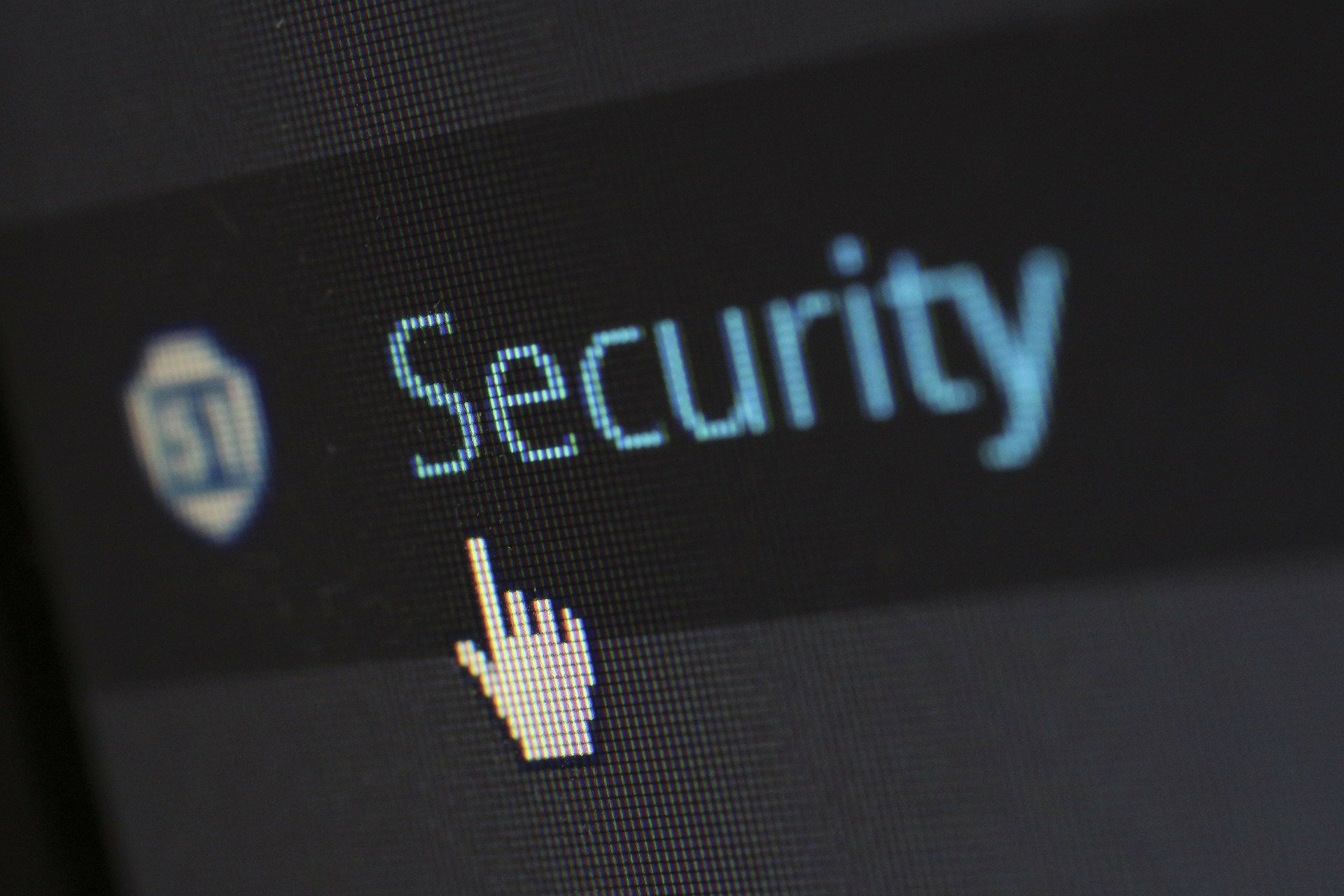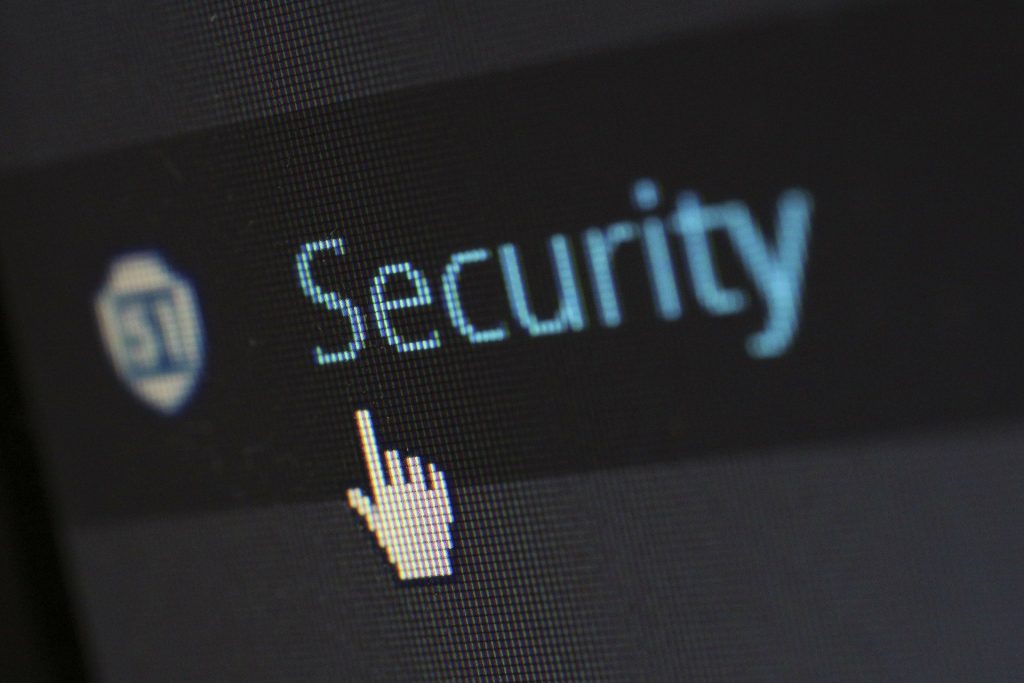Using VOIP for business communication has become more popular recently due to the benefits and features that it offers. Not only that, but the price is very attractive. Unfortunately, there have been more security concerns recently since VoIP goes over the Internet. This means that things like viruses and hacking can happen to it, just like anything else that’s online.

For instance, the majority of VoIP goes over the internet without being encrypted. This means that anyone who has the right software and network access might eavesdrop on the calls. This can give them access to personal, company or proprietary confidential information.
So, how do you make it more secure? Well, we have included some tips below to help keep your VoIP secure.
Begin with a Solid Firewall for Your VoIP
First, you want to get a good firewall. Even though you probably have a lot of great security for your network, it shouldn’t stop there. If your system is on your premises, get an IPS, a firewall, or even both. These can help with tracking, identifying, and examining the traffic in your VoIP network. This will include authorized traffic and unauthorized traffic, and they’ll flag anything unexpected.
In addition, if your system’s based in the cloud, find out what the provider has. It’s essential to have dedicated security for your provider’s reputation. This way you can use their experience to protect against vulnerabilities and threats.
Work Together with the VoIP Service Provider
Second, you want to find out what the service provider offers. Service providers transmit calls outside the networking, charging you monthly. Be sure they’re serious regarding security and check they’ve thought about considered things like:
- VLAN configuration
- Signaling methods
- User authentication
- Encryption
Create Strong Rules for VoIP Network Access
Next, it’s important to set up some ground rules. When setting up the VoIP system, think about how you’ll control network access. Things like implementing device certificates or requiring a username and password are good places to start. You can configure phone security to just let certain kinds of calls, based on the device and user.
Now, if you have n-premises voice servers, make sure they’re can only be accessed by system administrators. Furthermore, it’s also good to use domain restriction and two-factor authentication.
Remember About Remote Access
Finally, you want to make sure that you’re condiering the remote access. After all, a lot of people are doing these days is working from home. With remote employees using your VoIP system it’s extra important to make things secure. Using a VPN to secure the calls is a great way to ensure everything stays secure.
If employees have client apps on their phones for VoIP, you also should implement security policies for mobiles. This can be things like remote wipe or device lock. This will also ensure that the devices aren’t weak points for hacking the system.
These are four tips that you can use to help your VoIP system stay safe. They will help keep not only your business safe but your customers and employees as well. With more and more cybercriminals finding new workarounds, you can’t be too careful. Taking the steps now can help you with avoiding huge problems in the future.
Please check out our site and our blog for more great tips.



